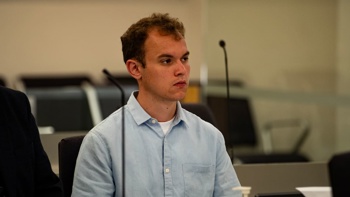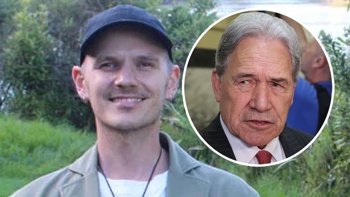Democracy is a delicate and fragile thing, and yesterday's protest was a good example of it working.
People oppose something, they protest peacefully, respectfully, they present a petition, they go home.
The bill, by the way, that they don't like, well, it's not becoming law.
You don't have to look far this morning for examples of things going tits up in a big way, and quickly.
We've basically farewelled freedom in Hong Kong, 45 activists sentenced to long-term prison sentences overnight, kids in the West Bank being killed.
You've got a tyrant in Putin lowering the bar for the use of nuclear weapons, plus you've got US made long range missiles firing on Russia.
But here, we have a functioning democracy.
Now the hīkoi is over, Rawiri Waititi wants to go further. He wants a separate Māori parliament. He wants two systems.
He references on his website the Irish, Welsh, and Scottish systems. The latter of which controls its own justice, education, tax systems.
How would that work here? Who would fund such a parliament?
Who would fall under the Māori parliament, given 75% of Māori didn't vote for Rawiri's lot at the last election?
How would you build a nation within a nation, separated not by borders, but ethnicity?
Serious question.
You see, democracy works when we're all in it and we're all in it equally.
It's true that not every group will get the same outcomes from that system, but that's no reason to throw the system away entirely.
What it is, sure, is a call to better use that system to effect change through strong and pragmatic leadership, the likes of which Te Pāti Māori has been known for in the past.
Whether you'll get that leadership from Debbie and Waititi... well, we'll have to wait and see.
Take your Radio, Podcasts and Music with you










